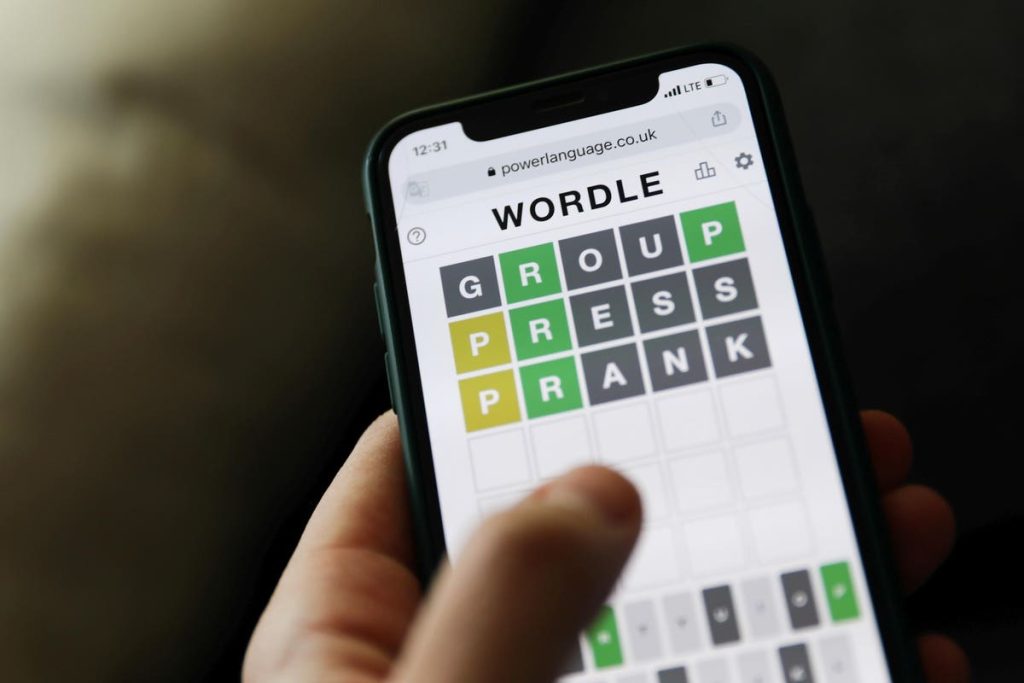Holy guacamole it’s August already! Summer is flying by. My kids go back to school in just a little over a week, which I’m not sure any of us are ready for (sleep schedule adjustments alone will be a mighty challenge).
August brings with it more rain, which is wonderful. It’s been so hot, I keep picturing wildfires, plumes of smoke, the thick haze over everything as the flames lick up over the mountain.
For now, however, the doom is held at bay by monsoon rain showers, though we need a lot more moisture still.
Alright, let’s do this Wordle! Happy August everybody!
How To Solve Today’s Wordle
The Hint: The most common metric fraction.
The Clue: This word ends with two consonants.
.
.
.
See yesterday’s Wordle #772 right here.
Wordle Bot Analysis
Kind of some wild swings in my guessing game today. I started off with bacon because everything is better with bacon and it’s a pretty good opening word. Unfortunately, today I was left with 188 remaining possible solutions.
I made short work of them with the word whine. Perhaps whining at today’s Wordle did the trick. I was left with three yellow boxes and only one remaining choice, which I eventually thought of (though it did take me a while): tenth for the win!
Today’s Score
I tied Wordle Bot today which gives me zero points, but I get 1 for guessing in three. So that’s good! Huzzah!
Today’s Wordle Etymology
The word “tenth” has its roots in Old English and can be traced back to the Proto-Germanic language. Here’s a breakdown of its etymology:
- Old English: In Old English, the word for “tenth” was “teoða” (pronounced tay-o-tha), which directly descended from the Proto-Germanic word “*tehundô.”
- Proto-Germanic: The Proto-Germanic word “*tehundô” was a compound word formed from two elements: “tehun” (meaning “ten”) and “-undô” (a suffix used to form ordinal numbers). The Proto-Germanic “*tehundô” would have been used to represent the ordinal number “tenth.”
- Common Germanic: The Proto-Germanic language is part of the larger language family known as the Germanic languages, which includes Old English. The word for “tenth” would have been similar across various Germanic languages at the time.
- Indo-European: The Germanic languages, including Proto-Germanic, belong to the larger language family called Indo-European. The ordinal number “tenth” can be traced back to an ancient root in the Indo-European language.
Overall, the word “tenth” has a long and ancient history, originating from the Proto-Germanic “*tehundô” and ultimately tied to the Indo-European linguistic heritage. It has retained its basic form and meaning through Old English and into modern English, continuing to represent the position of the number ten in a sequence.
Play Competitive Wordle Against Me!
I’ve been playing a cutthroat game of PvP Wordle against my nemesis Wordle But. Now you should play against me! I can be your nemesis! (And your helpful Wordle guide, of course). You can also play against the Bot if you have a New York Times subscription.
- Here are the rules:1 point for getting the Wordle in 3 guesses.
- 2 points for getting it in 2 guesses.
- 3 points for getting it in 1 guess.
- 1 point for beating Erik
- 0 points for getting it in 4 guesses.
- -1 point for getting it in 5 guesses.
- -2 points for getting it in 6 guesses.
- -3 points for losing.
- -1 point for losing to Erik
You can either keep a running tally of your score if that’s your jam or just play day-to-day if you prefer.
I’d love it if you gave me a follow on Twitter or Facebook dearest Wordlers. Have a lovely day!
As always, I’d love it if you’d follow me here on this blog and subscribe to my YouTube channel and my Substack so you can stay up-to-date on all my TV, movie and video game reviews and coverage. Thanks!
Read the full article here










